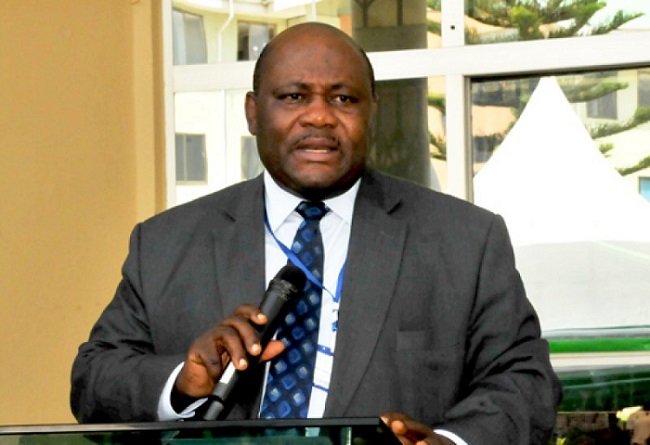
Public health engineers lack requisite capacity - Ghana Institute of Engineers
Public health engineers in the various district assemblies in the country do not have the requisite capacity to solve the sanitation problems currently facing the country, the Ghana Institute of Engineers has stated.
Advertisement
The institute, under the circumstances, has taken the decision to embark on a series of conferences and capacity-building programmes aimed at making all district engineers become abreast of modern methods of dealing effectively with the harm caused as a result of poor sanitation.
A Council Member of the institute, Mr Harold Esseku, said the institute, in consultation with the Ministry of Local Government, was developing a public health manual that would focus on sanitation to serve as a guide to all district engineers.
Mr Esseku made the disclosure at the opening of the 39th International Conference of the Water Engineering Development Centre (WEDC), based in the UK. The conference, which came off last Monday over a three-day period, was held in collaboration with the Kwame Nkrumah University of Science and Technology (KNUST).
It was held on the theme: ‘Ensuring availability and sustainable management of water and sanitation for all.’
The meeting brought together professional engineers and academicians who shared knowledge and offered workable solutions to meeting the Sustainable Development Goals (SDGs) by 2030, particularly goal number six which dwelt on sanitation.
Mr Esseku noted that the Water, Sanitation and Hygiene (WASH) programme that the KNUST sought to accomplish, could become meaningful only if the right people took charge.
The Director of WASH Centre Ghana, Prof. Samuel Nii Odai, said about 663 million people around the globe lacked potable water.
He said even though improvements had been made over the years, issues such as open defecation in impoverished communities and villages and the lack of toilet facilities in homes were some of the challenges inhibiting achievement of the SDGs.
Prof. Odai, who is also the Pro Vice-Chancellor of the KNUST, urged decision makers to adopt a firm policy to fight illegal mining because if care was not taken, there would be no water body left for future generations.
He suggested that the weak financial position of the various institutions mandated to address challenges in the water sector be strengthened and their capacities built for them to achieve targets.



